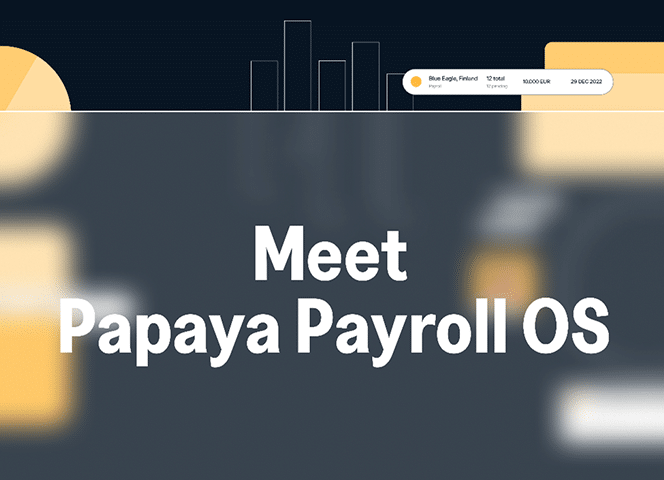From 1997’s Free Agent Nation through the advent of the euro and the gig economy, we’ve heard conversations about borderless workforces for decades. People have long predicted that a Big Bang unifying global employment is just around the corner.
It is. But we’ve been looking in the wrong direction.
With worker mobility and dispersed workforces becoming more prevalent, countries actually accelerated the pace at which they introduced new unique employment regulations. As a result, organizations faced a problem of a whole new order of magnitude — how to manage a global workforce amid an ever more complex reality.
The challenge became so overwhelming that MIT Sloan and Deloitte’s 2021 report on workforce ecosystems declared that “Organizations often lack an integrated approach to managing a workforce […] and they often lack a cohesive approach to managing it.”
And that’s the workforce we’re talking about – your company’s biggest expense and most significant liability. Despite its indispensability to any organization, workforce mismanagement is still rampant.
So, what can be done? Expecting governments to play a role in the solution is unrealistic. Instead, we should accept payroll’s local complexities and treat them with a holistic, global approach. And we should adopt dedicated world-class technologies, just like we do with marketing, sales, and IT.
Remember when sales and marketing departments were constantly at odds with one another until Salesforce came in and united them around the “lead” — sending these processes into an era of better efficiency and sparking a whole new tech ecosystem around it?
Uniting Finance and HR will be just as tectonic. Corralling them around a single trusted source of truth will send entire industries into a quantum leap of rejuvenated efficiency and bring forth a new ecosystem — the workforce tech ecosystem. Such a tech ecosystem – which puts your global workforce solidly in the middle – is still waiting for its Big Bang.
All that’s missing was a clear vision. So Papaya Global envisioned it, then brought it to life.
Respect Payroll’s Complexity
The reality is that in virtually every country, payroll is a very complex and regulated process constantly modified by governments. And it gets more complicated as your workforce becomes more sophisticated because calculating an hourly worker’s paycheck is far easier than a software engineer’s. While the former’s payroll normally includes only gross rate and basic mandatory components, the latter includes taxable benefits, RSU components, MBO plans, and other variable items.
So, any payroll provider telling you payroll can be easy is either counting on a lack of intimate knowledge of payroll on your part, does not understand its complexities, or simply handles only basic, small-scale payroll cases.
Papaya is not in the business of making things look pretty just for the sake of closing a deal. We understand that global payroll will always be complex and respect that complexity.
We respect the toll it’s taking on global companies – the pains of using too many suboptimal software solutions. Of long, costly integrations. Of too many email threads and human errors. Of security breaches and liability issues.
We understand the headaches of siloed data and processes and the disconnect between Finance and HR. The reality of late, inaccurate payments. Of not having one go-to place for all your global benefits, equity, and immigration needs.
And we respect the impact it has on people’s lives.
Payroll Powers People
Payroll and payments power the world. They grow corporations, drive the global economy, and touch the lives of every human being on the planet. They’re the ONLY aspect of business that impacts all workers regularly and in a very meaningful, even intimate way. They’re nothing short of a company’s bloodline.
They define people’s relationships with their employers and with their banks. If done right, they include immigration, healthcare, benefits, and equity support. They’re many governments’ primary source of revenue.
Payroll and payments are only getting more critical and more complex, as a globally dispersed workforce is a given for almost any company today while rules and regulations continue to multiply.
Moreover, if not appropriately treated or taken seriously enough, the challenges of running a global workforce will only grow and become more painful as your workforce grows – not to mention the increasing complexities of tracking and analyzing trends, expenses, and data.
The need for comprehensive technology to bring strategic cohesiveness into payroll and payments has never been more critical.
This post was written by Papaya Global. They are an exhibitor on the HRTech247 Payroll, Time & Attendance floor in the Technology Hall here.






